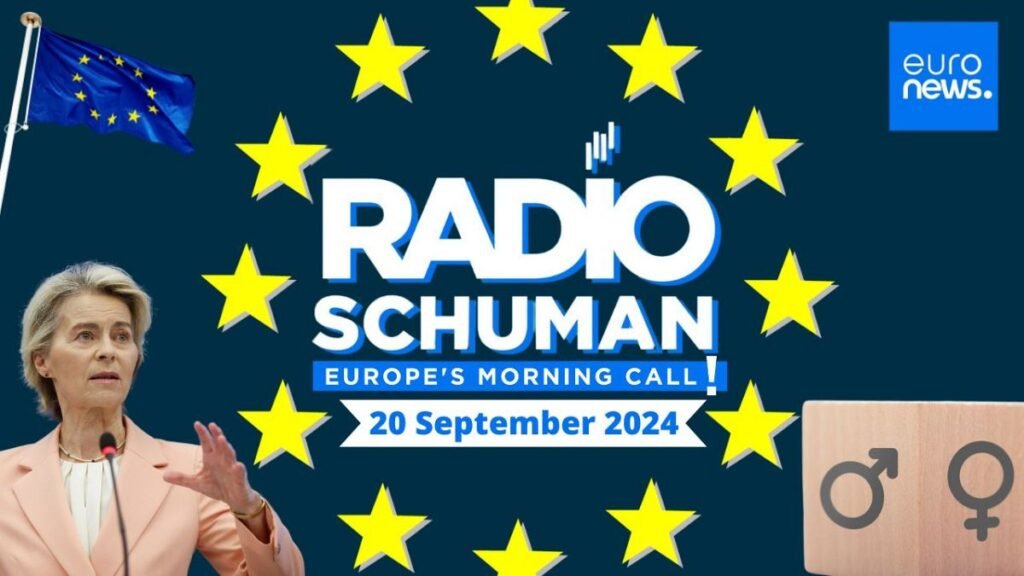The merging of the European Commission’s equality portfolio with the preparedness and crisis management portfolio has raised concerns among NGOs about the potential neglect of equality issues in EU legislation. European Commission President Ursula von der Leyen named Malta’s Helena Dalli as the Commissioner in charge of equality back in 2019. However, in her recent announcement of the new team of European Commissioners, von der Leyen decided to eliminate the equality portfolio and combine it with preparedness and crisis management. This move has sparked worry among NGOs defending women’s rights, especially as far-right parties opposing the significance of gender issues gain power across Europe.
MEP Lina Gálvez (Spain/S&D), who presides over the European Parliament’s Committee on Women’s Rights and Gender Equality (FEMM), discusses the implications of the change in portfolio structure on Radio Schuman. The decision to merge the portfolios has raised questions about the future direction of EU policy on equality, particularly in light of the growing influence of far-right parties that downplay the importance of gender issues. The concerns voiced by NGOs and experts highlight the need for continued advocacy and vigilance to ensure that equality remains a priority in EU legislation despite the portfolio change.
Von der Leyen’s decision to combine the equality portfolio with preparedness and crisis management has led to uncertainty about the prioritization of equality concerns in the upcoming mandate. The move comes at a time when issues related to gender equality are under threat from far-right ideologies that are gaining ground in various European countries. The concerns raised by NGOs and experts suggest a potential setback in the advancement of gender equality within the EU, necessitating a closer examination of how the new portfolio structure will impact policy decisions and initiatives.
The shift in portfolio structure signals a departure from the explicit focus on equality within the European Commission, raising questions about the commitment to advancing gender equality in EU policies. With the merging of the equality portfolio with preparedness and crisis management, concerns have been raised about the potential sidelining of gender issues in EU legislation. MEP Lina Gálvez’s insights shed light on the implications of this decision, urging continued advocacy and monitoring to ensure that gender equality remains a central priority within the EU despite the change in portfolio allocation.
As Radio Schuman explores the implications of the merger of the equality portfolio with preparedness and crisis management, the broader context of the far-right’s opposition to gender equality emerges as a critical factor. The rise of far-right parties across Europe has raised concerns about the protection of gender equality rights and the potential rollback of progress made in this area. The decision by von der Leyen to restructure the portfolios reflects a broader political shift that could have significant implications for gender equality advocacy within the EU and highlights the need for ongoing vigilance and activism in defense of equality rights.
In conclusion, the decision to merge the equality portfolio with preparedness and crisis management within the European Commission has sparked concerns about the prioritization of gender equality issues in EU policies. The implications of this decision, particularly in the context of the rising influence of far-right parties opposed to gender equality, underscore the importance of continued advocacy and vigilance in defending equality rights within the EU. As MEP Lina Gálvez and others raise alarms about the potential neglect of gender equality concerns, it becomes crucial to monitor the impact of the portfolio restructuring on EU policy decisions and initiatives to ensure that gender equality remains a central focus in legislative actions.

